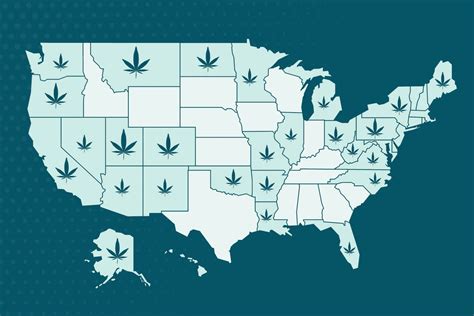The legal landscape of cannabis in Texas is complex, with state laws imposing criminal penalties for possession and sale, while also providing a medical program for low-THC cannabis. The Texas Controlled Substances Act, under Chapter 481 of the Texas Health and Safety Code, prohibits the possession and delivery of marijuana, classifying it as a Schedule I substance. However, the state allows the use of low-THC cannabis under the Compassionate Use Program for medical purposes.
On the federal front, despite the Department of Justice’s 2018 statement which rescinds previous guidelines on marijuana enforcement, an appropriations rider prevents the DOJ from using funds to interfere with state medical marijuana laws. This has created a policy gap between federal and state regulations regarding cannabis use.
In Texas, the possession of marijuana is a criminal offense, with severity depending on the quantity possessed. Specifically, Section 481.121 of the Texas Health and Safety Code outlines the criminality of marijuana possession, and Section 481.122 addresses the delivery of marijuana to individuals under 18 years old. Moreover, the Texas Supreme Court upheld the state statute prohibiting the processing or manufacturing of hemp products for smoking, with certain injunctions allowing the distribution and retail sale of consumable hemp products.
The Compassionate Use Program permits prescribed low-THC cannabis for eligible patients. This cannabis, derived from the Cannabis Sativa L. plant, must contain no more than 0.5% by weight of THC. The federal stance on marijuana, although still classifying it as illegal, has seen a shift with the appropriations act barring legal action against states that have legalized medical marijuana.
To explore more about cannabis laws in Texas, visit the Texas State Law Library and the Texas Health and Safety Code. For details on the medical marijuana program, refer to Texas Medical Marijuana or the Compassionate Use Program.
